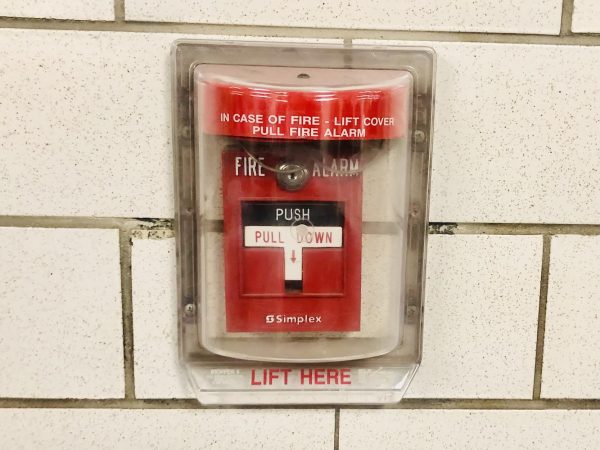E-cigarettes are up in smoke
September 25, 2019
On Friday, Sept. 6, there were over 450 possible cases of lung illnesses associated with e-cigarettes reported to the Centers for Disease Control in over 33 states, as well as the Virgin Islands.
In a tweet, First Lady Melania Trump stated that she was “deeply concerned” about this “epidemic.” Melania is the head of the “Be Best” campaign, which is trying to spread awareness of child wellness, bullying, and drug abuse. President Donald Trump said that the Democratic Alliance would put out “recommendations regarding the use of e-cigarettes.” Health and Human Services secretary Alex Azar announced that a newly proposed enforcement policy would require e-cigarette companies to pull their products from shelves after at least six people have died from e-cigarette related illnesses.This seems like a much-needed change in our country.
All of this has boiled down to a potential vape ban in the United States. But why, some people ask, are lawmakers trying to ban vapes before they ban guns?
Guns have been in the spotlight for years as a national emergency. Accordingly,39,773 people died at the hands of guns in 2017, the highest number since 1963. 2017 was a catastrophic year for gun deaths, resulting in the highest numbers in the past three years. 64% of these numbers have been caused by handguns. These gun death numbers are higher than most other countries, such as Canada, Australia and various European Union nations.
In truth, guns are more threatening than vapes at this point in time. But look ahead, about seven years from now. Suppose that lawmakers decide that there should be a change in laws, whether that be better background checks, more red flag laws, or banning the AR-15 or guns all together. To do the latter, Congress would have to make an amendment that changes the second amendment. I say seven years because that’s approximately the time limit on making a new amendment. Although this change could take anywhere from one to seven years, the probability is that it will take up most of those years. Seven years is too long to put off the issues of e-cigarettes.
Banning e-cigarettes would most likely take much less than seven years. By giving priority to the gun issues, lawmakers will be giving the e-cigarette issues room to grow. While resolving gun violence will take more time, it is vital that we get issues about e-cigarette related illnesses out of the picture first. The Constitution says that to make an amendment, Congress must get a two-thirds majority vote in both the House of Representatives as well as the Senate, or by getting a majority vote by two-thirds of the states. Because of this, you have to take into consideration states that are pro-second amendment, such as Arizona, Missouri, and Georgia that will make the amendment process very difficult.However, states are ready to ban vapes and e-cigarettes. Suppose that every state that has experienced a vape-related disease is ready to ban them. That’s 33 states banning e-cigarettes – exactly two thirds of the states.
Banning e-cigarettes is a much shorter and easier road than that of guns. Right now, the gun problem is a tree – over two hundred years of gun rights – and the e-cigarette illnesses is a sprouting plant. By banning e-cigarettes, Congress would be ripping the sprout out of the ground. Getting to work on the gun violence issue next would be the most efficient way of solving both problems. We don’t want to spend up to the next seven years cutting down that gun violence tree while the e-cigarette plant grows out of hand.














